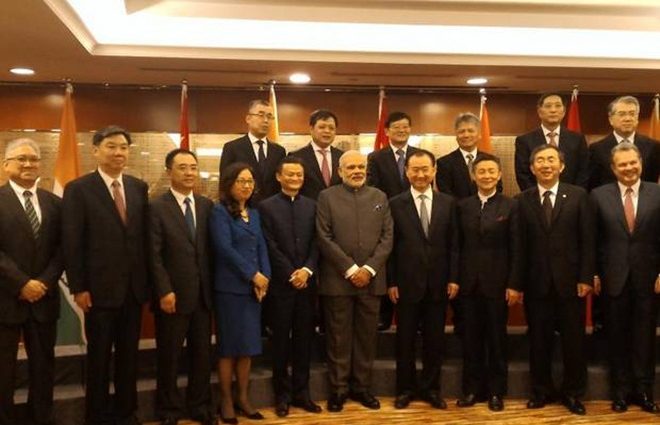TLI Opinion
New Delhi: A vibrant private sector is key to efficient delivery of goods and services, healthy competition in the market, job creation and overall economic growth of a country. It is therefore responsibility of the government to support it when a crisis like Coronavirus hits them.
Moreover, one of the key functions of the government is efficient and equitable allocation of public money to ensure that the weakest and the poorest receive maximum attention. While doing so, equal emphasis has to be given on social development and economic growth. The fact that social and economic disparity is quite wide in the country, the balancing act is even more needed.
As and when there is a financial crisis or natural disaster that disrupts the economy, industry led by the key players across various sectors demand tax concessions, soft loan, moratorium on loan repayments and lower compliance among others. Such demands do not come only from the affected firms but also lobbyists, consultants, policy influencers and the vested media outlets.
Hardly into a fortnight of plummeting air travel demand in the wake of Coronavirus outbreak, the panic around it and restrictions imposed by the government, the airline industry has demanded a bailout package. The package includes deferring payments to oil companies and banks, lower tax on jetfuel and reduction in airport charges. Similarly, the private airport operators have come together to seek a similar package.
Now, the question is should the government immediately agree and direct funds towards these two sectors. The way key private players in the airline and airports sector have projected the impact and future challenges, one may support the idea of urgent help to them. But a thorough examination of the current situation may not warrant so.
Almost all the airlines in the country have been reaping the benefits of double-digit passenger growth in the country for some years with demand slowing only in the last one year. From being a start-up a decade back, IndiGo now ranks among Top 10 low-cost carriers in the world. The financial muscle of it is no secret.
The airline has in the past taken the world by surprise with its large fleet order. In its presentation to investors, the airline showed Rs 9,412.8 crore as free cash in the October-December quarter of FY20, up 103.5 per cent compared to Rs 4,624.5 crore in the same quarter previous fiscal. The total cash, both free and restricted, on its books stood at Rs 20,068.7 crore as on December, 2019.
Another carrier Vistara has been a contender for buying Air India which would require at least Rs 10,000 crore upfront payment to the government for 100 per cent stake. Air India is anyway on the block so it does not need any bailout package except funds to keep it running at its current capacity. Extremely weak airline could be allowed to go down under. If it is not allowed, the market forces would anyway drive it out. After all, risks are one of the inherent requirements of a business.
Similarly, all private airport operators have their revenue protected. The airport regulator Airports Economic Regulatory Authority of India (AERA) determines the tariff at these airports factoring in cost and profit.
Modi government has already slashed corporate tax extending a bonanza worth Rs 1,45,000 crore in a year to the India Inc. In the light of all this, there does not seem any merit in immediately acceding to the demands of the corporates. The government should wait at least for a quarter to assess the impact of Coronavirus on industry and business before announcing fresh concessions.
Support to individuals is no less important than corporate entities. The Trump administration has proposed to hand out $1,000 to each adult American to protect individuals from going bankrupt and to fight impending recession.
The Indian government may also take a leaf from this and support individuals instead of corporates as mass retrenchment awaits them.

